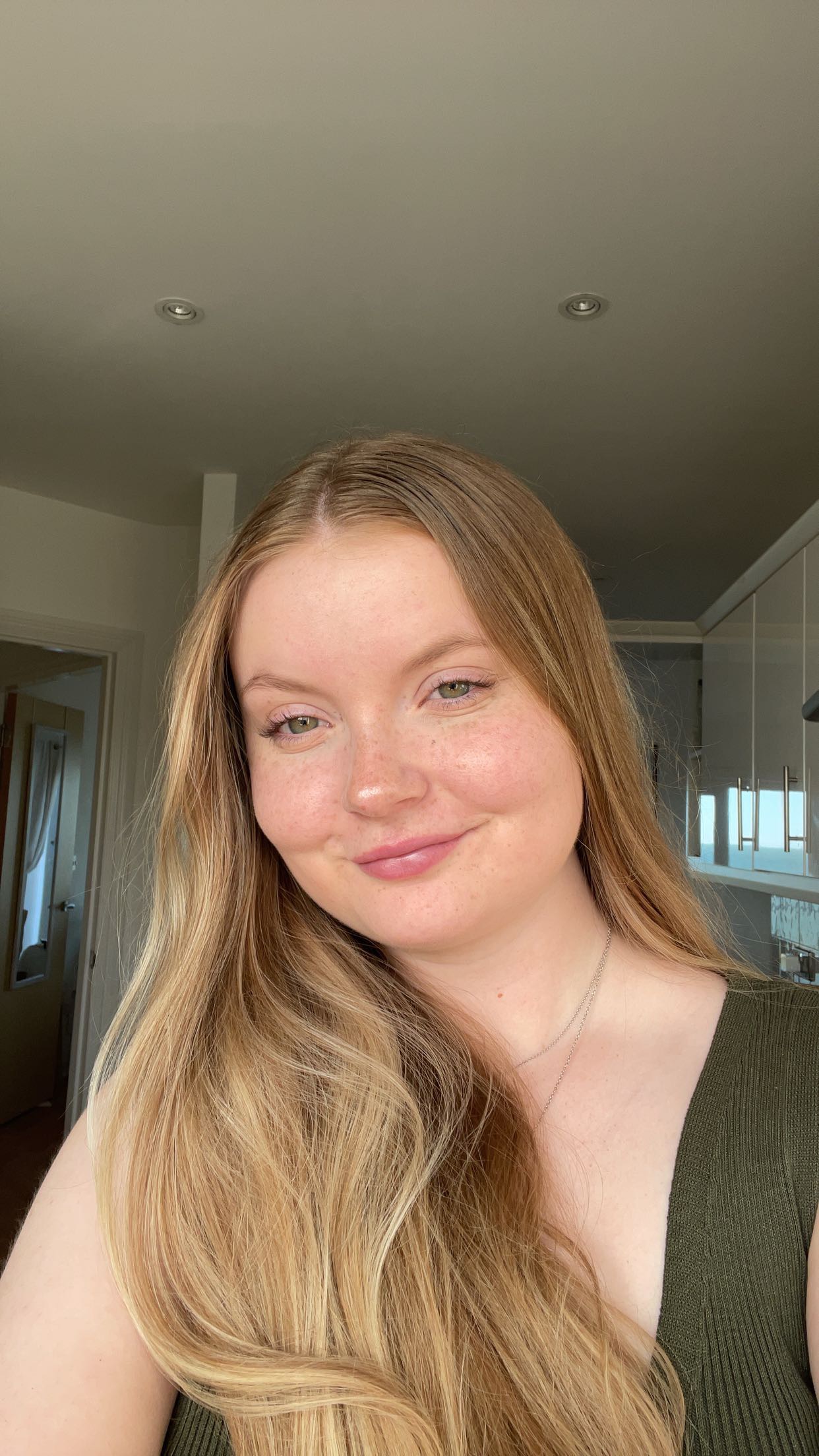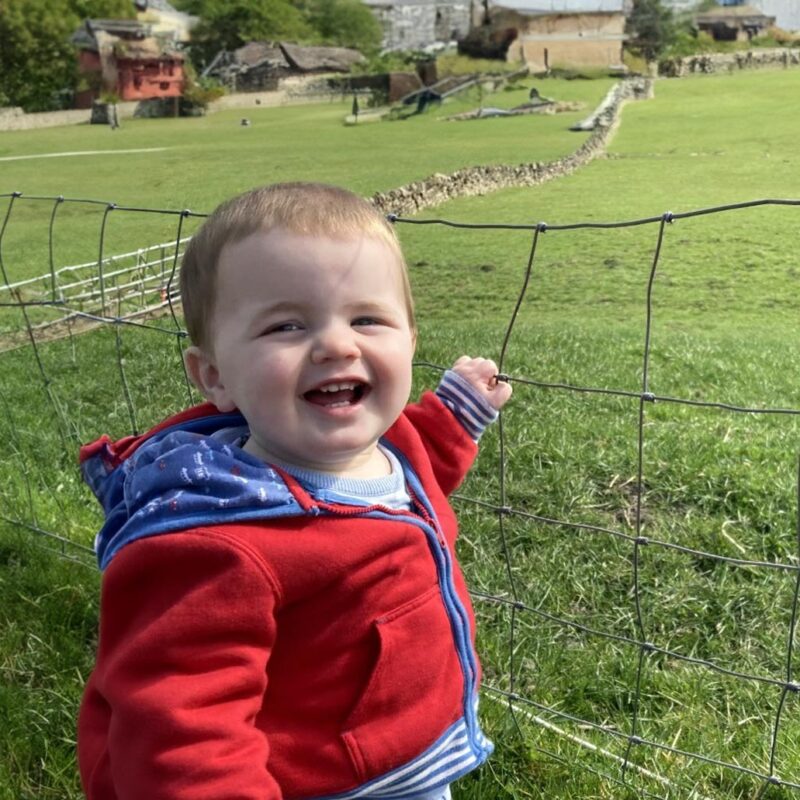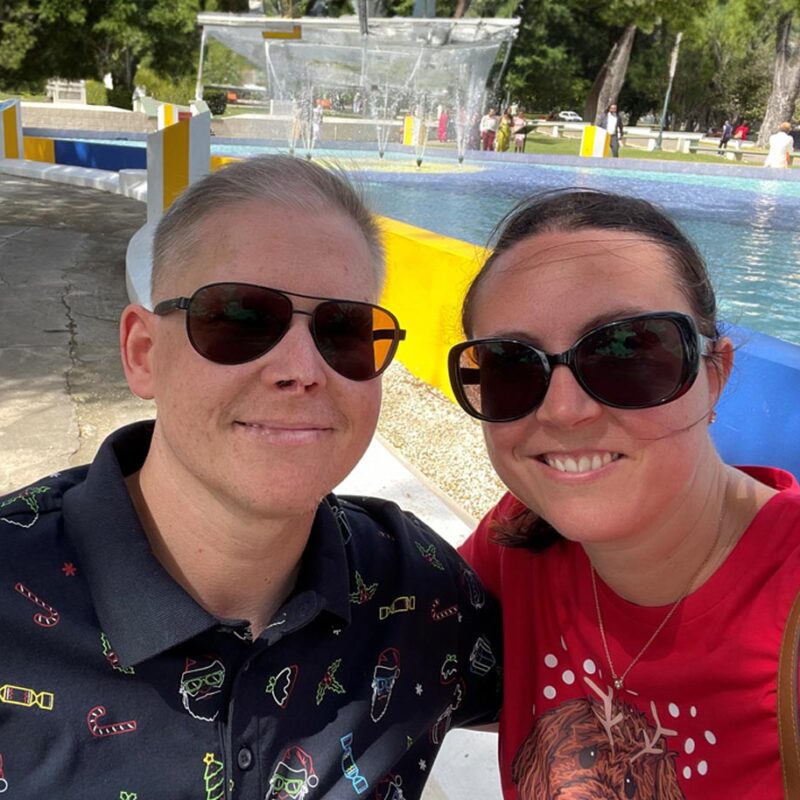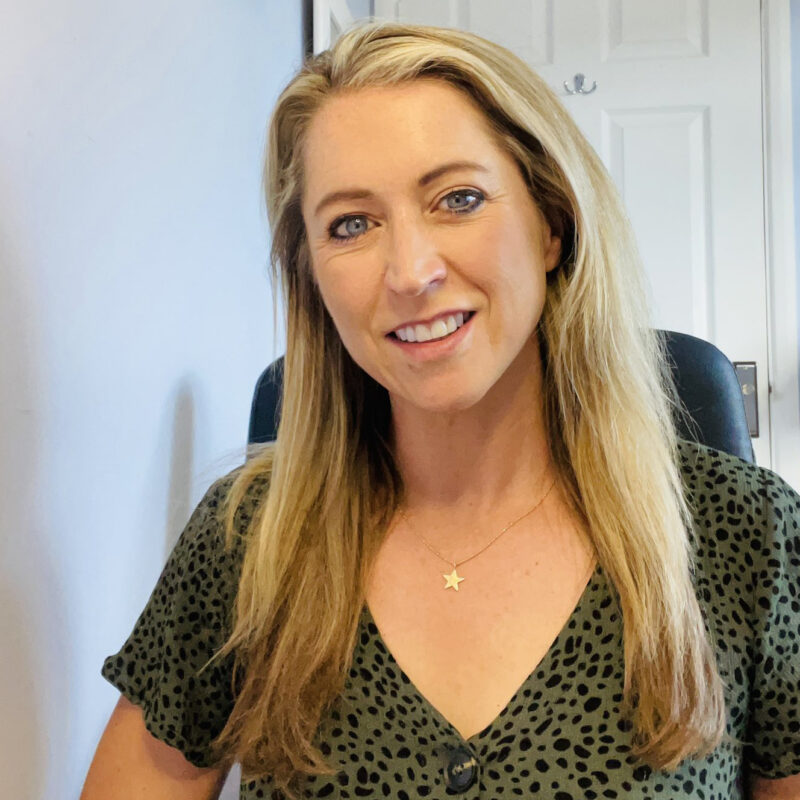On the one-year anniversary of her admission to hospital, 20-year-old Abbie Kitson is sharing her story of what happened after routine bowel surgery following her Crohn’s Disease diagnosis took a life-threatening turn…
Abbie Kitson was enjoying her first year of university studying Psychology with Counselling at Brighton when she was diagnosed with Crohn’s Disease. She went into hospital for a partial bowel resection in June 2023, and started feeling unwell two days after the procedure. Originally her surgeon didn’t seem worried and was happy to give Abbie antibiotics and see how things played out.
Just 10 minutes later, though, she was told she had sepsis and required emergency surgery to wash out the infection, which was caused by bacteria leaking from her gut. What was originally planned as a routine procedure with a 4-5 day recovery period became a much longer stay in hospital; she spent two weeks in a side room under the care of the intensive care team, where she was awake but heavily sedated due to the extreme pain. She was able to see her parents but didn’t have the strength to text friends at the time.
Abbie had to learn how to sit up and walk as well as eat but found that her recovery was largely focused on the bowel surgery, rather than having had sepsis.
After leaving hospital, she suffered another infection in her wound site which had reopened, as well as a recurrence of her Crohn’s Disease that prolonged her recovery even longer. In terms of advice to other patients living with the disease, Abbie said: “I would say trust yourself and this is something that specifically, bowel patients, but I think as a general population, patients can often feel misunderstood or and pushed aside by practitioners. But at the end of the day, you know your body better than anyone. If you don’t think something is right, go and get it checked out.”
“You’re not wasting anyone’s time, and you’d rather catch something early than too late, so trust yourself, you know your body and feel empowered that you do know what’s best for yourself.”
Luckily, Abbie was discharged from hospital for the second time the day before her twentieth birthday. But only after these physical battles had been overcome was Abbie’s mental recovery able to start; she struggled with fatigue and flashbacks, and a feeling of isolation due to not knowing any other people her age who had been through such trauma. Abbie said: “I think the change to my life was that it just shook me to the core; the core of who I am completely changed. It makes you reevaluate your values, your goals, what’s important to you. There’s so much in life that suddenly feels so trivial when you’ve gone through something like that.”
That’s when Abbie discovered the UK Sepsis Trust. She had a conversation with two of our support nurses, who encouraged her to join the online Support & Connect groups, which helped her feel less isolated in her experience. Abbie said:
“There was no one around me that had gone through even something comparable in any way, and so it is a very isolating experience, which is when I came across the UK Sepsis Trust and they were amazing.”
She added: “I spoke to Emma and Oliver, who I think they couldn’t really believe what had happened at such a young age and then also that there’d just been no support afterwards [from the hospital]. I’m so glad I found them because they encouraged me to join the recovery support and connect groups, which I did, and it was one of the best things I’ve done. Because all of those really confusing feelings suddenly didn’t feel as isolating as I had a group of people around me that got it and also they could sympathize with the fact that I was going through what they were going through, but at a young age, and so I am really grateful for the UK Sepsis Trust.”
In terms of advice for what others debating joining the support groups can expect, Abbie said: “I would say just try it, there’s no obligation, come to one session even if you have your camera off your microphone off and you don’t speak at all. We don’t mind if you’re just there observing, and I think just try it because it really surprised me. I thought that I was going to be going on to a group that was full of really depressing, morbid older people that didn’t get it. And there’s a mix of ages, a mix of backgrounds and a mix of severity.”
Due to her time in hospital, Abbie had to complete the rest of the year of university in hospital but is now back on campus and taking each day as it comes – a motto that has inspired a ‘one step at a time’ tattoo idea that she intends to get to commemorate the anniversary of her ordeal.
Given her degree subject matter, and intention to focus on sepsis for her dissertation, Abbie feels uniquely placed to help other survivors as someone with firsthand experience of the condition but also knowledge about what might help them mentally overcome such a challenge.
In terms of advice to other students or young people about sepsis, Abbie said: “I think I would say firstly, educate yourself. Educate your loved ones. Go into the UK Sepsis Trust website. Look at the resources. It’s not a massive task with the reading. Just educate yourself, but also be aware and be sensitive to the fact that that could be people around you that have gone through something this traumatic and you may not understand, but if you are there to listen to, try and support them in any way that you can, and I think that that counts for a lot.”
Now, Abbie is volunteering with the UK Sepsis Trust to help raise awareness of the condition which nearly claimed her life aged just 19 – and we’re enormously grateful to her for her support!





